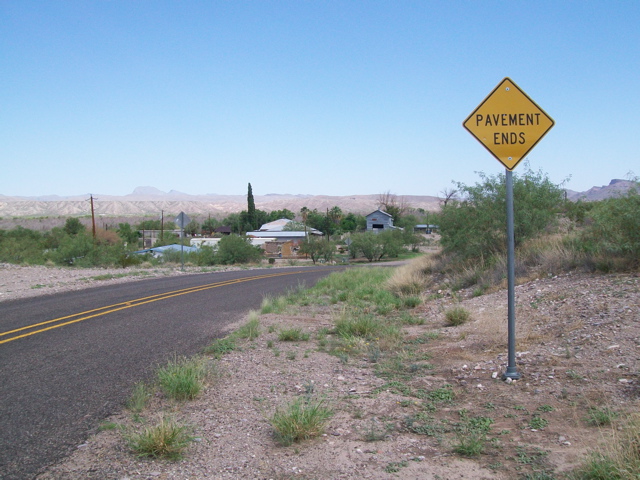As the United States is poised to begin subsidizing the capital cost of building last mile or distribution advanced telecommunications infrastructure targeting rural areas, it won’t be enough warns a utility cooperative executive and industry association leader. The reason according to Sachin Gupta is insufficient transmission infrastructure that connects end user premises to the Internet backbone, commonly known as middle mile since it connects these two parts of the larger network.
Gupta is director of government business and economic development at Centranet, a subsidiary of Central Rural Electric Cooperative. Gupta also serves as on the board and policy committee of the Fiber Broadband Association and represents the National Rural Electric Cooperatives Association (NRECA) on the Federal Communications Commission’s Technical Advisory Council.
The problem manifests in multiple ways, Gupta explained in a Fiber Broadband Association podcast. First is middle mile infrastructure largely connects cities and lacks points of presence along the way for less densely populated areas of the nation to connect.
Another main problem is edge content providers don’t have data centers near these areas. That leads to high latency since data must travel over hundreds of miles instead of tens of miles, producing delays that make low latency applications unusable.
Supply and demand also come into play, creating lack of affordable access. Last mile networks create demand, but where there’s too little middle mile points of presence to provide backhaul, investor owners can demand and get “an arm, leg and kidney and a liver” for access, Gupta explains.
The Infrastructure Investment and Jobs Act (IIJA) of 2021 contains findings by Congress that “Access to affordable, reliable, high-speed broadband is essential to full participation in modern life in the United States” and a “persistent ‘digital divide’ is “a barrier to the economic competitiveness of the United States and equitable distribution of essential public services, including health care and education.”
Gupta said that divide will remain despite what he estimates will be $100 billion spent in rural areas over the next four years to reduce it. The IIJA appropriated only $1 billion for middle mile subsidies compared to $42.5 billion for last mile distribution infrastructure subsidies.
Gupta noted many states are consequently looking to build their own organic middle mile networks. However, given the high cost, states may not be able to shoulder it including very large states with substantial economic resources. This week, California deferred $1.5 billion that had been allocated to that state’s middle mile network due to a large budget deficit.
While it’s essential infrastructure, middle mile has received less attention from policymakers. That reflects the nation's hyper localized focus on advanced telecommunications infrastructure deficits since Americans experience them at their homes, schools and businesses. Policymakers should view the entire infrastructure wholistically since all segments are interdependent.
Public ownership of all middle mile infrastructure could provide a rapid, long term solution to this imminent crisis. The root cause is structural: middle mile is essentially a collection of privately owned fiefdoms operating a series of toll roads, free to provide access to whomever they wish at prices of their choosing.
For example, the federal government could form 501(c)(1) government chartered and regionally administered nonprofit to acquire and build out the nation’s middle mile infrastructure and contract for design, construction and operational services and develop standards for redundancy, uptime, restoration, and network security.
